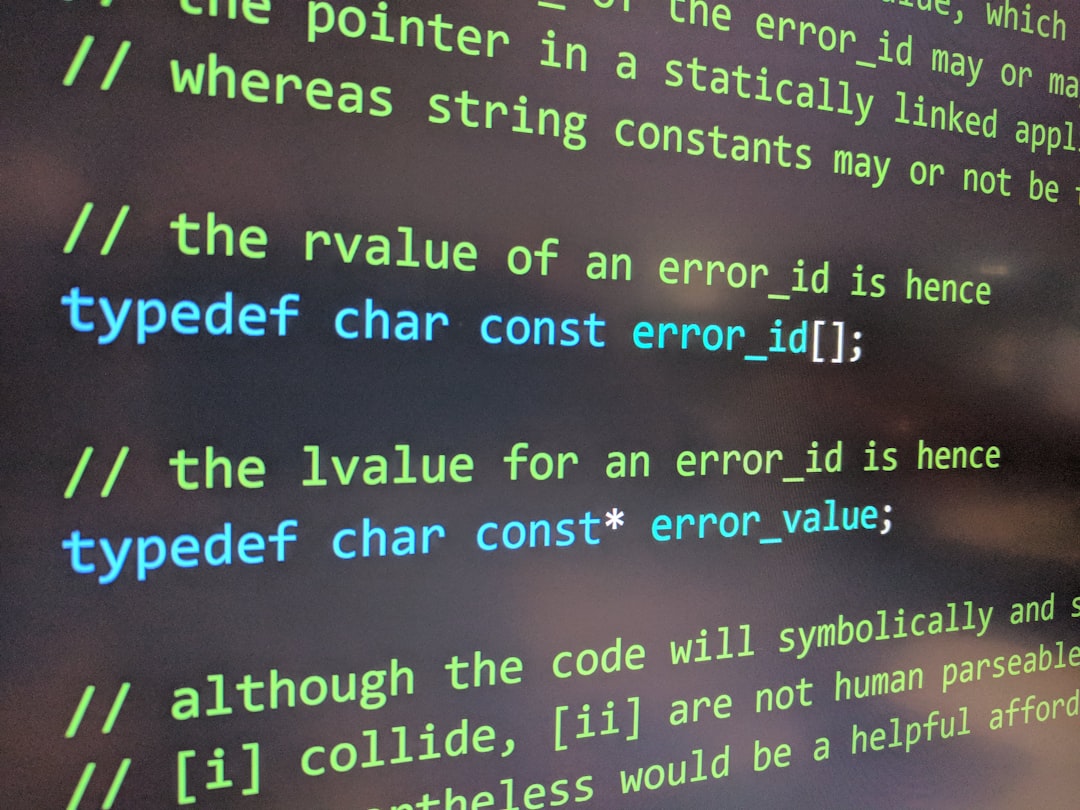The rapid integration of artificial intelligence (AI) into industries across the United States has created a strong demand for professionals with the right skillsets to build, manage, and optimize AI tools. From healthcare to finance and logistics to marketing, organizations increasingly rely on AI to drive innovation, efficiency, and data-driven decision-making. To succeed in this evolving landscape, professionals must cultivate a range of technical and soft skills that support AI development and adoption.
Technical Expertise forms the backbone of a successful career in the AI sector. While AI tools are becoming more user-friendly over time, working with them at a professional level requires a deep understanding of how these systems function.
Contents
Key Technical Skills for Working with AI Tools
- Programming Proficiency: Languages such as Python, R, and Java are commonly used in AI development. Python, in particular, is a staple in machine learning due to its wide range of libraries like TensorFlow, Keras, and PyTorch.
- Mathematics and Statistics: AI and machine learning models are grounded in mathematical concepts. A solid grasp of linear algebra, calculus, and probability is essential for designing and interpreting algorithms.
- Data Handling: AI thrives on data. Professionals must possess skills in data wrangling, cleaning, and analysis to prepare datasets for model training and testing.
- Machine Learning & Deep Learning: Understanding supervised, unsupervised, and reinforcement learning models is crucial. Expertise in neural networks and deep learning frameworks enhances the ability to work with complex AI systems.
- Software and Tools: Familiarity with tools like Jupyter Notebooks, Git, Docker, and cloud platforms such as AWS, Google Cloud, or Azure is important for collaborative development and deployment of AI models.

Important Soft Skills for AI Professionals
While technical prowess is indispensable, soft skills significantly influence success in AI-related roles. AI projects often require cross-functional collaboration between engineers, data scientists, business analysts, and stakeholders.
- Problem-Solving: AI is used to solve complex, real-world problems. Professionals must be able to creatively approach challenges and formulate efficient solutions using AI methodologies.
- Communication Skills: The ability to explain technical details to a non-technical audience is key. AI professionals often translate complex findings into business insights or product recommendations.
- Team Collaboration: AI applications are rarely built in isolation. Working harmoniously within teams and contributing across disciplines is vital for success.
- Ethical Awareness: As AI systems influence critical decisions, ethical frameworks must be considered. Professionals are expected to design fair, transparent, and impartial AI models.
Adaptability and Continuous Learning
Given the fast-paced nature of AI development, professionals must be adaptable and committed to continuous learning. Many of the tools and techniques used today may be outdated within a few years. Staying updated with the latest research, attending AI workshops, and participating in open-source projects can keep skills current and market-relevant.

Online platforms such as Coursera, Udacity, and edX offer specialized courses in AI and machine learning, while many U.S. universities have introduced advanced degree programs tailored for AI careers. It’s essential that professionals remain curious and resourceful in pursuing lifelong education in this dynamic field.
Industry-Specific Knowledge
Finally, AI is not a one-size-fits-all tool. Its applications vary across industries—from AI-assisted diagnosis in healthcare to fraud detection in finance. Developing domain-specific knowledge allows professionals to create more effective and impactful AI solutions tailored to organizational needs.
In conclusion, working with AI tools in the United States requires a balanced blend of technical knowledge, business acumen, and interpersonal capabilities. As companies continue to invest in AI solutions, opportunities for skilled individuals will expand—making this an opportune time to build a career in artificial intelligence.
Frequently Asked Questions (FAQ)
- Q: Do I need a computer science degree to work with AI tools?
A: While a computer science background is helpful, many roles in AI value practical experience and certifications. Professionals from mathematics, engineering, and even psychology or linguistics can successfully transition with the right training. - Q: Is Python the only language used in AI?
A: Python is popular due to its extensive machine learning libraries, but other languages like R, Java, and Julia are also used depending on the application and industry. - Q: How important are soft skills in AI roles?
A: Extremely important. Communication, collaboration, and ethical judgement are essential as AI professionals work in multidisciplinary teams and make impactful decisions. - Q: Can AI tools be used without coding knowledge?
A: Yes, there are many no-code AI platforms available. However, for advanced applications and career progression, coding knowledge is recommended. - Q: How do I start a career in AI in the USA?
A: Begin with foundational courses in machine learning and data science, gain hands-on experience, contribute to open-source projects, and consider internships or certifications relevant to your career goals.




